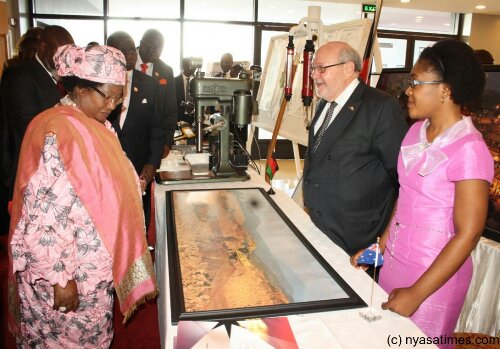Ministry of Mining says so far it has issued out almost 100 exclusive prospecting licences for mineral exploration in the country.
Government has earmarked mining as one of the key sectors in the implementation of the Economic Recovery Plan (ERP).
“There are close to 100 valid exclusive prospecting licences (EPL) for exploration. In addition, there are 59 mining licences out of which 27 are for rock aggregate (quarry) for the construction industry; 11 for limestone for cement or lime production, chicken feed and agricultural use,” said Principal Secretary in the ministry Leonard Kalindekafe.
He said government has issued out 10 licences for coal and the others are for various minerals such as rare earth elements, apatite, corundum (ruby), galena, gypsum, uranium, iron and titanium minerals.
Kalindekafe said almost all the 100 exclusive prospecting licence holders were engaged in exploration, but at different levels of exploration ranging from basic grassroots exploration to bankable feasibility study stage.
“Out of these, some will “finish” exploration by not finding any economically viable deposit while others will discover an economically viable deposit that can be developed into a mine,” he said.
Kalindekafe said it would be good if ten percent of the exploration licences are converted into a mining licence to develop a mine.
“Real exploration never ends even when a company has started mining. It just depends on the economic viability of the mineral that one is looking for.
“Some companies will give up on the way and others will come to explore even for the same mineral and the same are that somebody has given up. It all depends on the technological and financial capacity of the licence holder,” he explained.
Asked if the country has started reaping the fruits of mining yet, Kalindekafe said the companies that are mining are paying taxes and royalty and they are employing Malawians.
“They are contributing to the growth of other industries that provide different services, which in turn employ more Malawians and they are contributing to the foreign exchange earnings of the country. There are some benefits that are not apparent today, but they will become noticeable in the near future,” he said.




